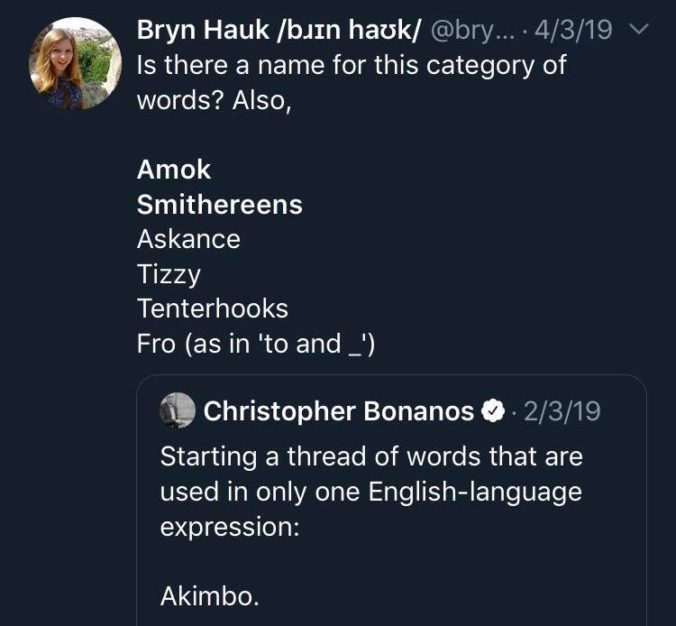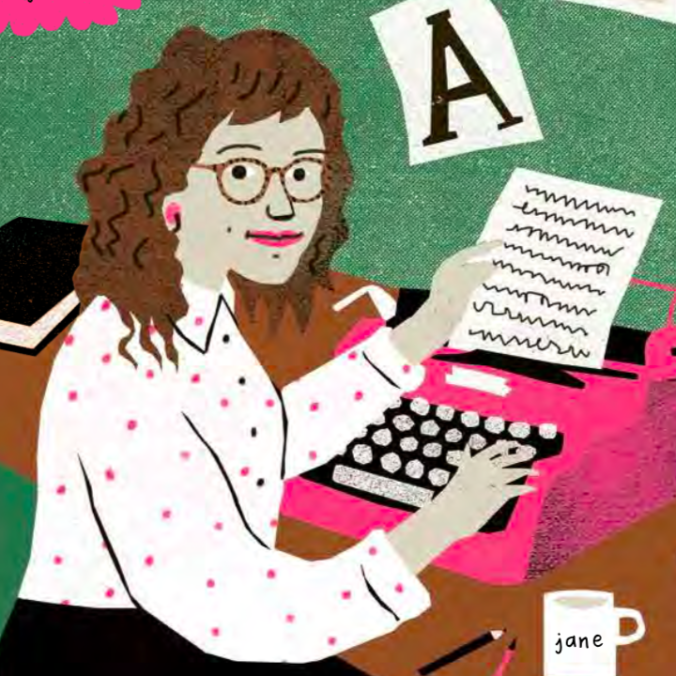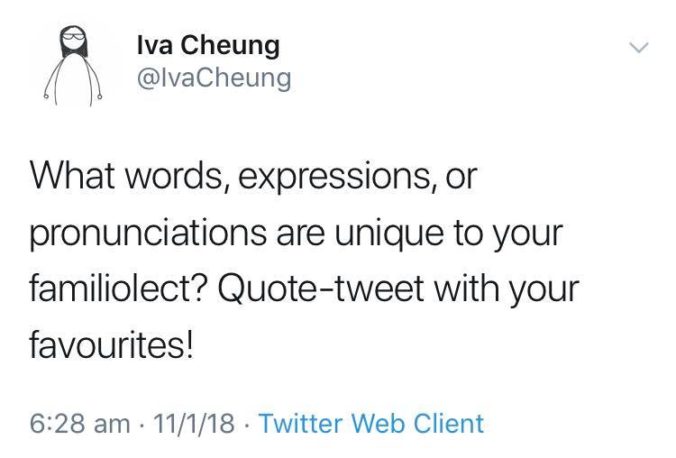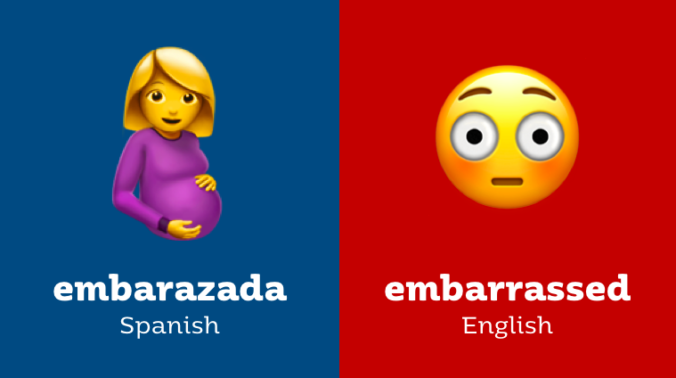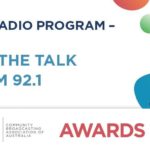Even if we’re trying not to be the grammar police, we all have that internal voice that notices linguistic difference, and categorises people thereby.
How do we deal with that inner prescriptivist? How can we have linguistic discussions with grammar …
